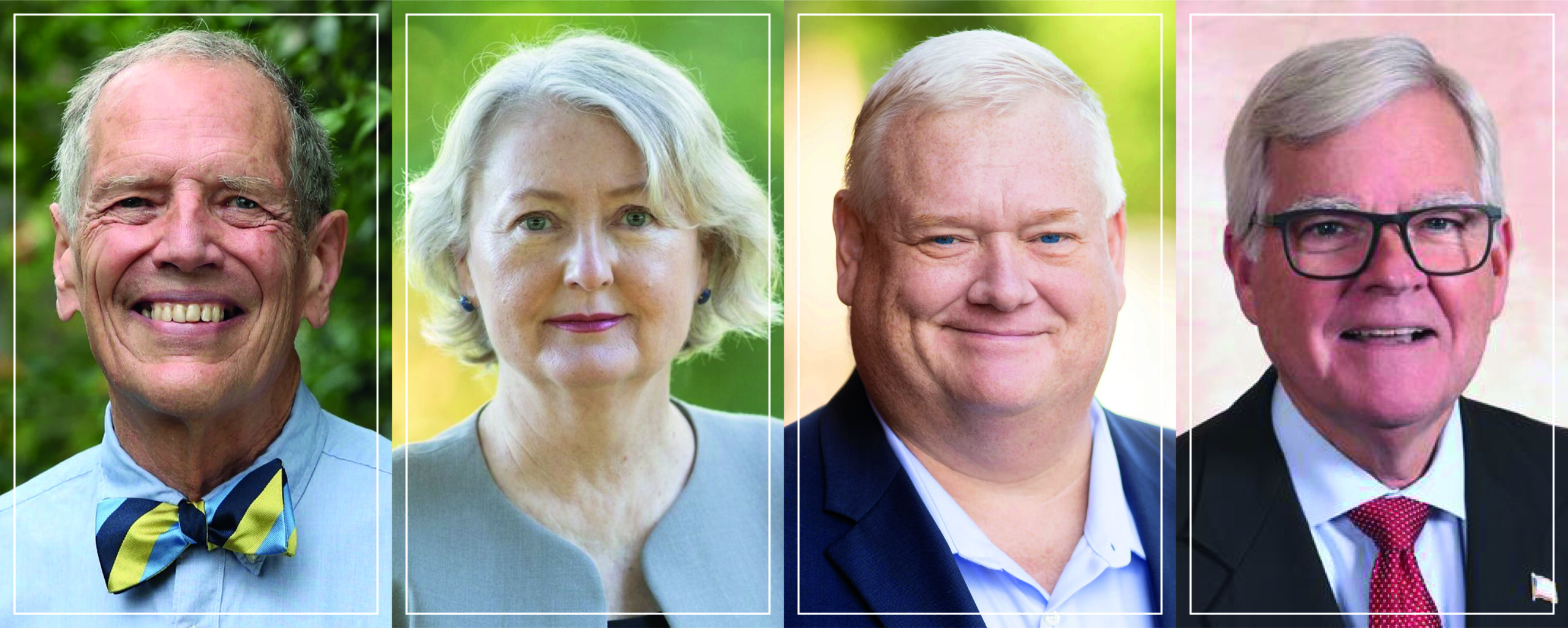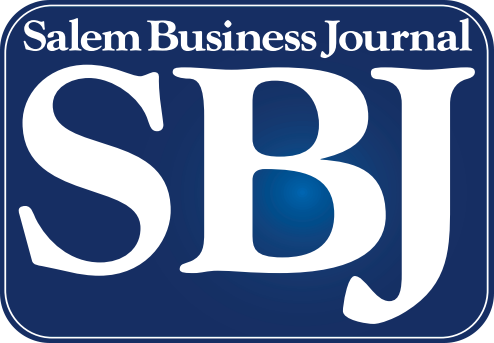MEASURE 118: Free Money Proposal Comes With Big Price Tag

Measure 118 has officially qualified for the November 5th general election ballot, seeking to impose a $6.8 billion tax on sales and services for Oregon businesses and then redistribute the money in relatively small annual payments to every Oregonian, regardless of age or means.
The initiative petition drive was funded primarily by an out-of-state funder. It’s a version of the “universal basic income” concept that has gained political momentum in some cities across the country.
“Tax fairness this is not. This initiative appears to be supported by out-of-state interests who are using Oregon as a test case. We saw how that worked out with Measure 110,” said State Senator Deb Patterson (D-Salem).
While proponents say it will help reduce poverty in Oregon, it is anything but surgically applied. Since the payouts go to everyone in Oregon, the wealthy would receive the same share as those at the low end of the income spectrum.
“This initiative is bad policy, and even Governor Tina Kotek is on record opposing it,” said Marion County Commission Chair Kevin Cameron. “Rarely do you find an issue that both Democrats and Republicans can agree will harm the people of Oregon.”
Measure 118 imposes a 3% tax on the gross sales of large businesses in Oregon, whether those sales generate a profit or not. Oregon already has some of the highest corporate taxes in the country, and that burden lands even heavier on Oregon made products as the tax is applied at each step of the process on the way to market.
Consumers would expect higher prices for everything from groceries to household necessities. Oregon’s Legislative Revenue Office says that the measure will not only fuel inflation, but also reduce personal income and eliminate jobs that otherwise would have been created in the years ahead.
“Measure 118 is a functionally flawed proposal but more importantly an earnest call for help by working families struggling in the emerging 21st century global economy, a convergence we must not ignore,” said State Representative Paul Evans (D-Monmouth).
Opposition to the measure is already building. Governor Kotek came out quickly against the measure once it was certified for the ballot. She noted the negative impact on the state budget and the harm it would cause to the same financially struggling families it supposedly is designed to help.
State fiscal analysts project that the General Fund would lose close to a half-billion dollars during the 2025-27 biennium, affecting schools, health services for the poor, and efforts to support affordable housing. There’s no guarantee that revenue will end up in the pockets of Oregonians long-term, as future legislatures can simply redirect where the money goes.
“As a parent of children who graduated from Oregon public schools and a legislator who has consistently supported education funding, I can’t support a measure that would take money away from our schools at a time when the Salem-Keizer School District already faces $70 million in budget cuts,” said State Representative Tom Andersen (D-Salem).
It is unclear how much proponents of Measure 118 will spend to pass the measure. Opposition, however, will certainly be fierce. Voters will be reminded that the “free money” promised by this measure will actually come at a very high price.




